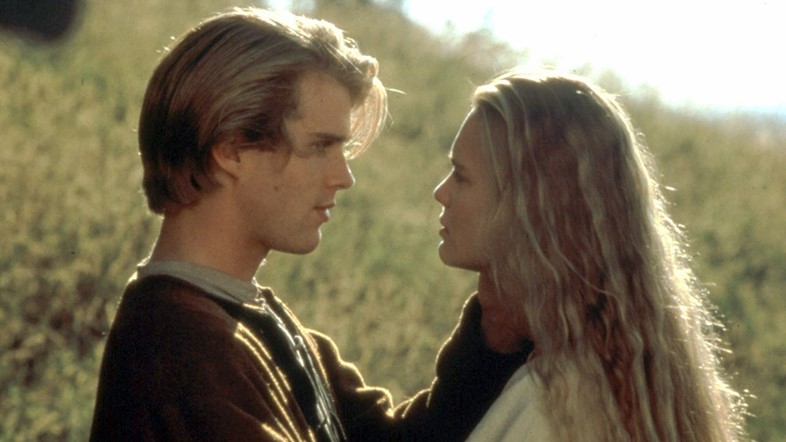Your weekend viewing, courtesy of ten seminal cult classics on Netflix, from Girl, Interrupted to The Princess Bride
What is a cult classic? Re-watched and over-quoted films almost always get this title. Some are B-movies, beloved with irony. Others are rejected masterpieces, reclaimed in outrage. Others still are cult in tone: if a movie is surreal, if it satirises, leans hard into genre or refuses to be classified, if its visuals are campy or interrupt tradition, sometimes we deem it cult, then, just for the feeling it gifts us. The sense that something is off – delightfully, perhaps knowingly so.
Below are some of our all-time favourites on Netflix, the classics that keep us on our toes, rewatch after rewatch.
American Psycho (2000)
What’s unexpected about American Psycho is how funny it is. How much obvious pleasure it takes in ketchup-viscous blood and tonal dissonance. Christian Bale’s career-making Patrick Bateman, the high-powered, primly OCD 80s investment banker with a secret thirst for blood, giddily parodied the unchecked hedonism, misogyny, and moral bankruptcy of the American financial sector. Have you ever noticed that every man at Pierce & Pierce has a card that reads ‘Vice President’? Or that when Bateman ushers a nosy detective out of his office, he mentions a lunch meeting with Cliff Huxtable? Inanity abounds on Wall Street; stylisation merely helps.
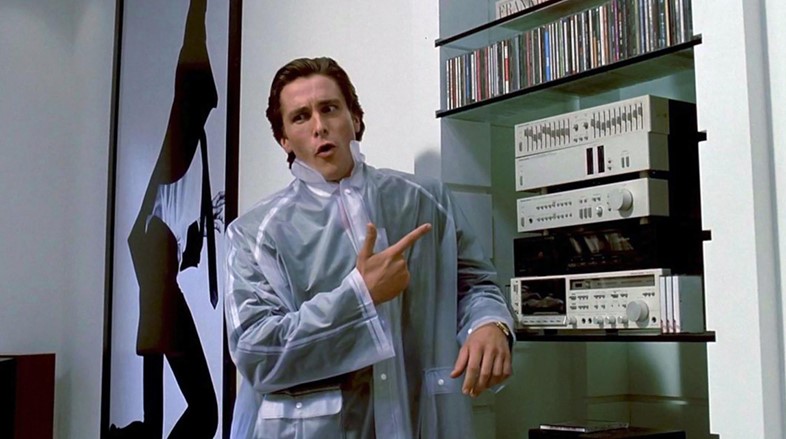
Boyz n the Hood (1991)
Boyz n the Hood was not exactly overlooked – it received nominations for John Singleton’s screenplay and directing – but was, in many ways for mainstream white Hollywood, ahead of its time. Its portrait of young men in South Central Los Angeles is both heartbreaking and hopeful, the nuanced work of a writer-director who lived the landscape. Characters speak sometimes in structural critiques (“Either they don’t know, don’t show, or don’t care about what’s going on in the hood”), but also in unexceptional teen remarks, the business of dating and SAT prep. Singleton’s balance, pathos, and complexity is staggering, still, and worth many revisits.
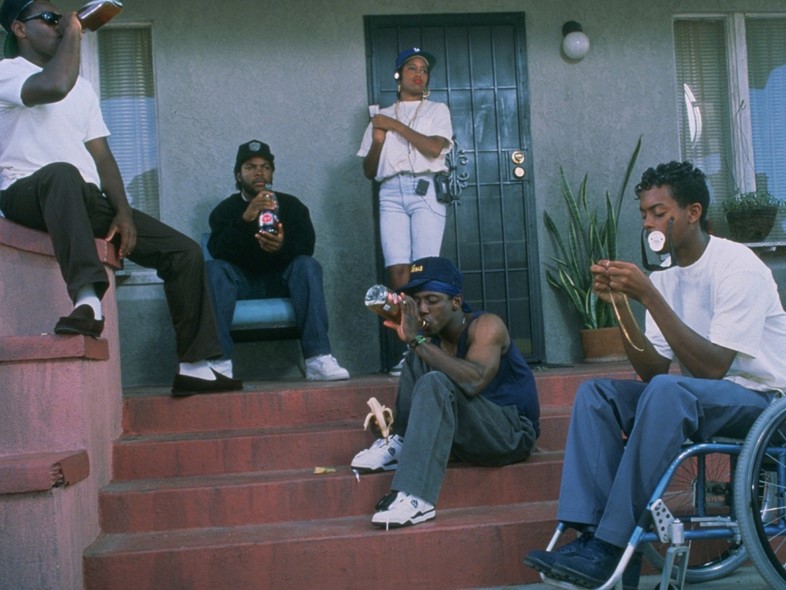
Blue Velvet (1986)
Blue Velvet is, by nearly every imaginable definition, cult. It garnered mixed critical reception and a loyal base with its Lynchian fever-dream sensibility – it is unfathomably dark, surreal, abrupt, and occasionally completely impenetrable, with imagery that sticks nonetheless. You can’t forget that underbelly universe of beetles, writhing beneath Lumberton’s pristine suburban lawns. Or the sound of those fabric scissors, chomping with chilling rapidity through the air. Blue Velvet continues to frustrate more than 30 years after its release, but remains essential cult cinema viewing. As Jeffrey asks Sandy on the night they meet: “It’s a strange world, isn’t it?”
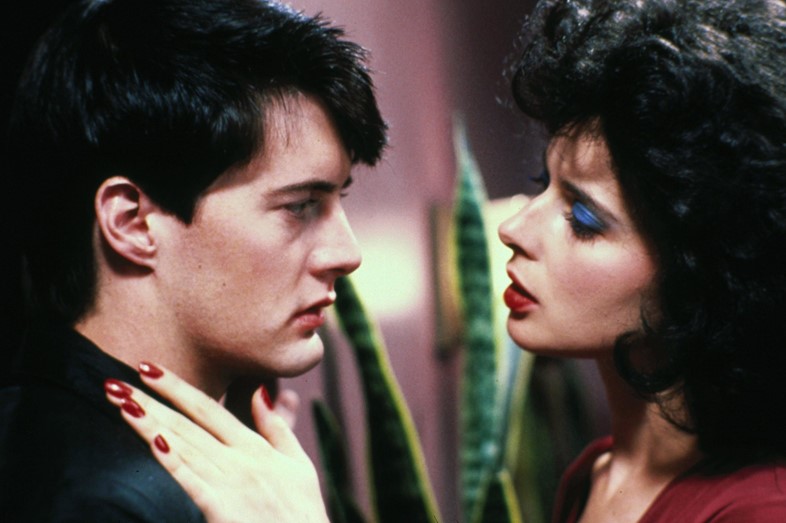
Carrie (1976)
The original Carrie is horror simply doing what horror should do, which is to draw social anxieties out to their logical conclusion. The bullied and abused Carrie White finds secret sanctuary in her telekinesis, a power that serves, for much of this Stephen King story, as a heavy-handed but not unwelcome metaphor for a teenage girl’s fledgling sexuality and self-possession. People remember Carrie for its eventual prom-night reckoning, but the best of this 70s classic is its build-up. The increasing sense – detectable in Sissy Spacek’s over-wide eyes – that the centre in Chamberlain, Maine cannot hold. Something must snap.

Dazed and Confused (1993)
Linklater’s third film meanders; it follows 70s-era Texas high schoolers after the bell as they kind of... drive around. Some get stoned and decide George Washington farmed weed at Mount Vernon. Ben Affleck beats up freshmen for sport. Matthew McConaughey, in his breakout role as recent graduate Wooderson, leers at girls. None of which sounds particularly sweet or engaging, but Dazed and Confused is both: it’s a snapshot of average kids doing average things, a listless two hours not unlike being high, or growing up. “You just gotta keep livin’, man,” Wooderson declares in final-act half-summary. “L-I-V-I-N.”
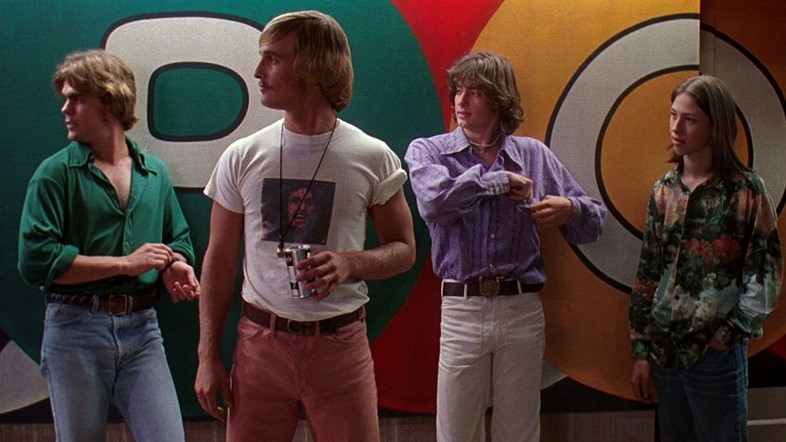
Girl, Interrupted (1999)
Something salient about the premise of Girl, Interrupted – in the late 60s, a teen is lazily diagnosed with Borderline-Personality Disorder after she swallows a bottle of aspirin, leading to her institutionalisation – is that women are misdiagnosed by the psychiatric community still, their symptoms misunderstood or simply dismissed. This film does pose some interesting questions about mental illness and gendered experience, though it’s mostly worth a rewatch for its performances: Winona Ryder is an anchor as Susanna, and Angelina Jolie is an Oscar-winning powerhouse as Lisa, the combative but alluring sociopath (“A word of advice: don’t point your fucking finger at crazy people.”).
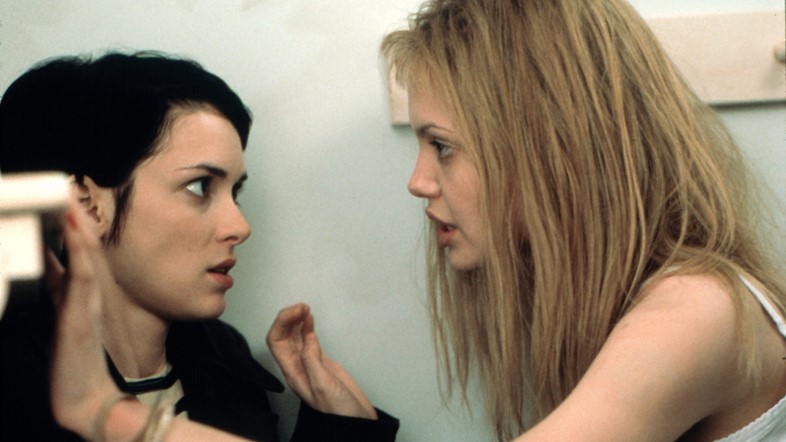
Moonstruck (1987)
Box-office success and three Oscars should doubly disqualify Moonstruck from cult status, but something about its quirky, appropriately moon-eyed sensibility keeps it just off-centre enough. It is impossible not to grin at this film’s winking use of That’s Amore; at its intentionally operatic speeches in the snow; at the over-clear sky hanging above its over-enchanting Brooklyn; or at its big, broad dialogue. Ronny isn’t just tormented by his brother’s betrayal, he’s gonna cut his throat about it. Loretta doesn’t just love Ronny, she loves him awful. Everything is slightly too much, and too much is sometimes that much better.
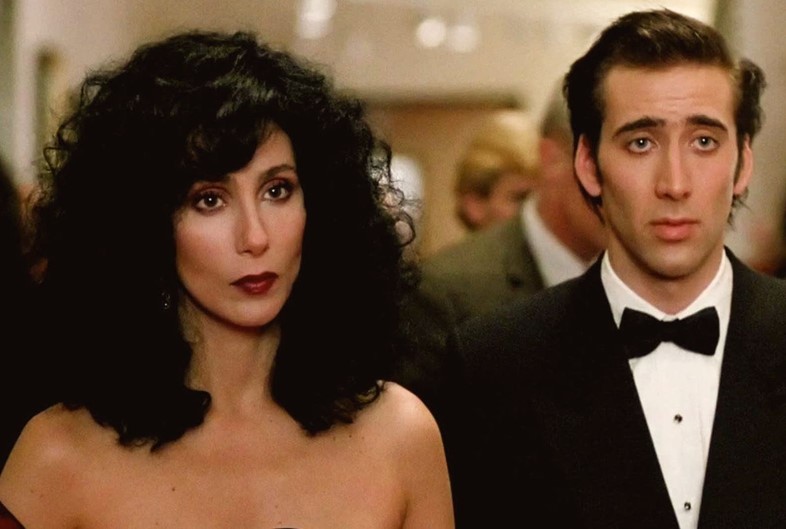
Reservoir Dogs (1992)
Tom Shone estimates that Tarantino hit his peak influence around 1994, when California cafés teemed with aspiring screenwriters “bashing out talky, violent, blackly comic shoot-’em-ups on their typewriters”. That analysis places Reservoir Dogs – a chatty, blood-soaked, men-in-suits heist-gone-awry story told largely through flashbacks – at the very centre of the cult of Tarantino. His feature debut is more reserved than his later works (however unbelievably, he pans away in this film as an ear is severed from its head), but it’s Tarantino’s world nonetheless, a sunny Los Angeles that speaks in witticisms and runs on hyper-machismo.
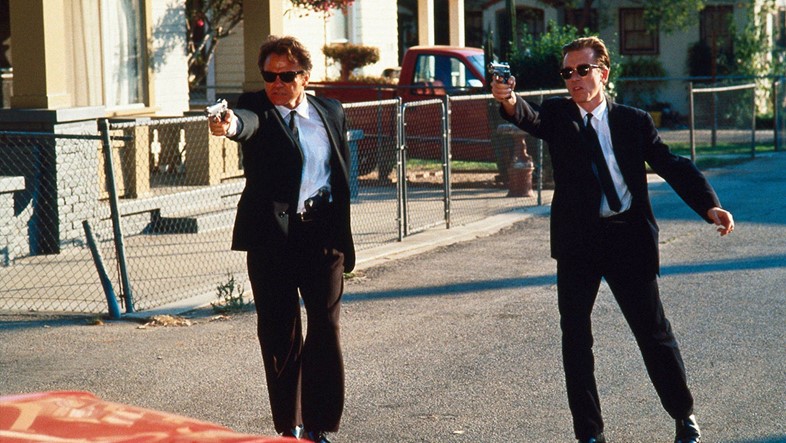
Thelma & Louise (1991)
Another early 90s classic, for a very different cult. Thelma & Louise is maybe the best film about female friendship, feminine sexual reclamation, and the rejection of compulsory heterosexual institutions ever made. When the titular best friends kill an attempted rapist in self-defence, they take to the sanctuary of the open road, racing with famously clasped hands away from subjugation and towards the Grand Canyon. This is a Western through-and-through – it’s got the stiff-blue denim, the guns, the stirring vistas – but feminist catharsis is its real lifeblood, and its American dream is a very particular one. Just out-of-reach, over some horizon.
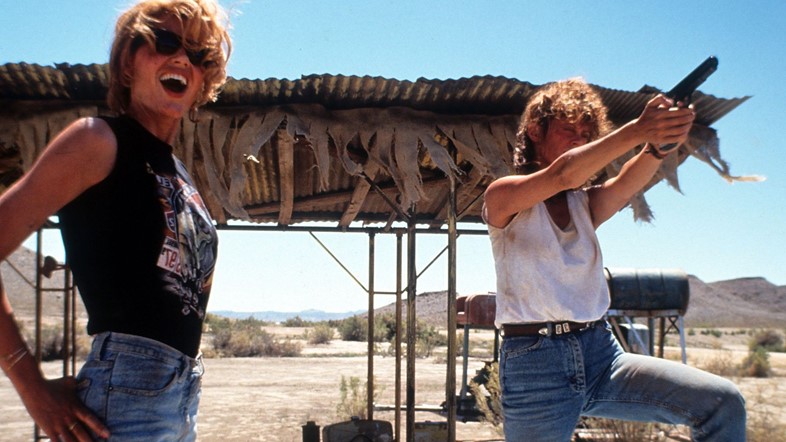
The Princess Bride (1987)
On quotability alone, The Princess Bride is one of the cultiest movies of all time. It’s a bedtime story told with a Monty Python-esque sense of humour, one that billed itself “Not Just Your Basic, Average, Everyday, Ordinary, Run-of-the Mill, Ho-Hum Fairytale”. There are the requisite tropes – princess, castle, adventure, swashbuckling – but also a gleeful sense that we’re messing with something longstanding, partaking in the witty rewriting of tradition. “We’ll never survive!” Princess Buttercup cries, facing some medieval danger or another. “Nonsense,” replies Westley, her farm-boy love. “You’re only saying that because no one ever has.”
